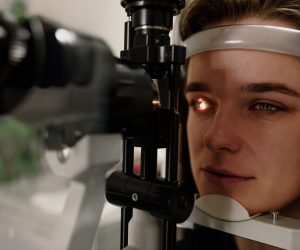
Future Drug Therapy May Prevent Age-Related Diseases
Abigail Klein Leichman via Israel21c – We all want to achieve healthy longevity – living to an old age in good health. Easier said than done, because there are many age-related diseases, such as Alzheimer’s disease, Parkinson’s disease, heart failure and sarcopenia.
A new study led by Profs. Einav Gross and Shmuel Ben-Sasson at the medical school of Hebrew University of Jerusalem identified a group of molecules that enable cells to repair damaged components, making it possible for those tissues to retain proper function.
The researchers also examined the effect of various therapies on longevity and quality of life, and successfully proved they can protect the organism’s and human cells from damage.
Their findings were published in the journal Autophagy.
Gross explained, “Mitochondria, the cell’s ‘power plants,’ are responsible for energy production. They can be compared to tiny electric batteries that help cells function properly. Although these ‘batteries’ wear out constantly, our cells have a sophisticated mechanism that removes defective mitochondria and replaces them with new ones.”
Many age-related diseases happen because this mechanism declines with age, leading to cell dysfunction and deterioration in tissue activity.
Gross and Ben-Sasson developed a new technology to create innovative compounds that could be taken orally as a treatment for currently incurable diseases of aging. These compounds could also be used as preventive medicine.
“In the future, we hope we will be able to significantly delay the development of many age-related diseases and improve people’ quality of life,” said Ben-Sasson.
The researchers and Yissum, Hebrew University’s tech transfer company, have established Vitalunga, a startup to develop this drug.
“As Vitalunga advances towards preclinical studies, they’re closer than ever to minimizing the unbearable burden that aging-related diseases, such as Alzheimer’s and Parkinson’s, has on individuals, their families and the our healthcare systems,” said Itzik Goldwaser, CEO of Yissum.
To read the original article click here.






